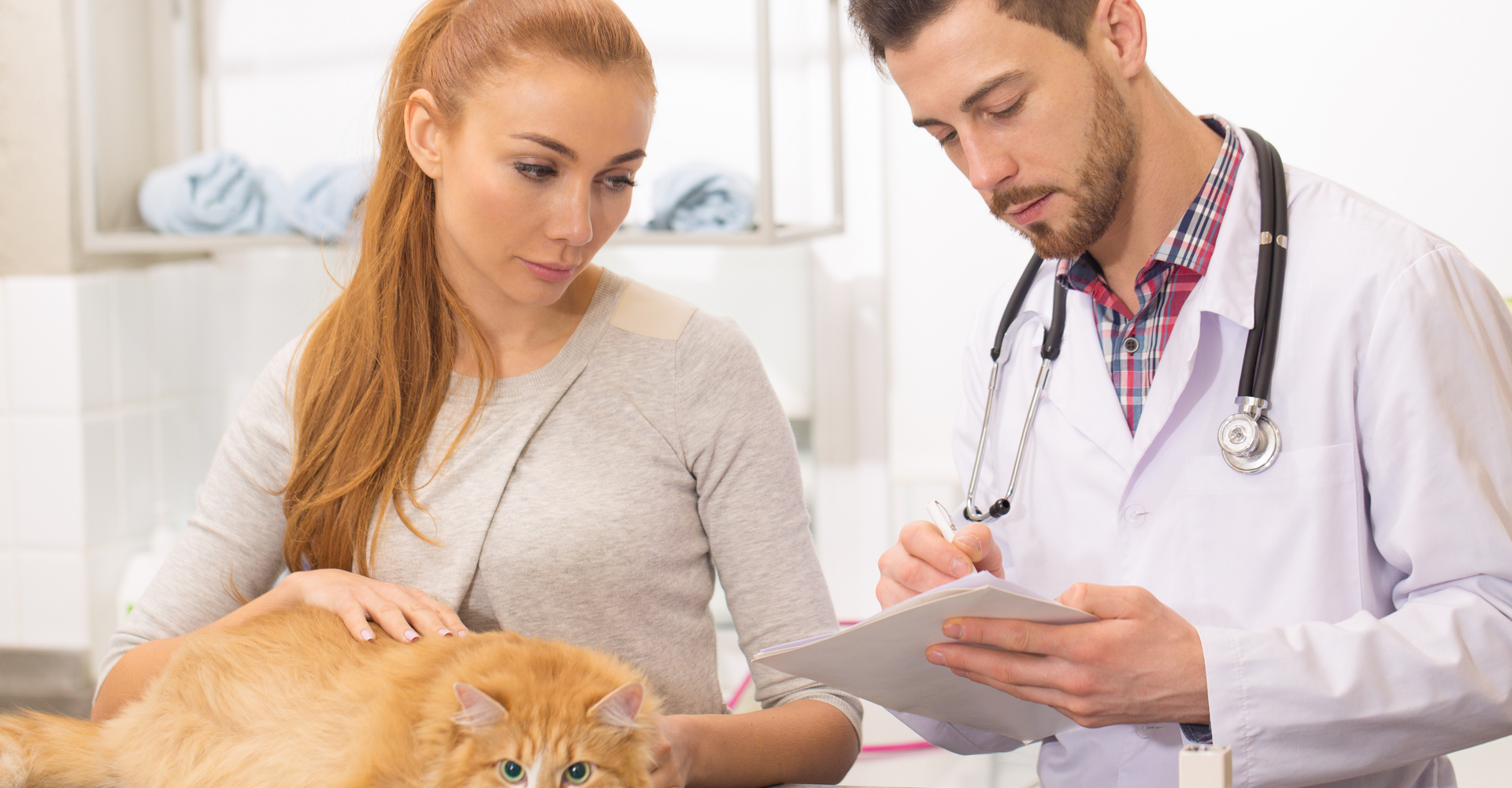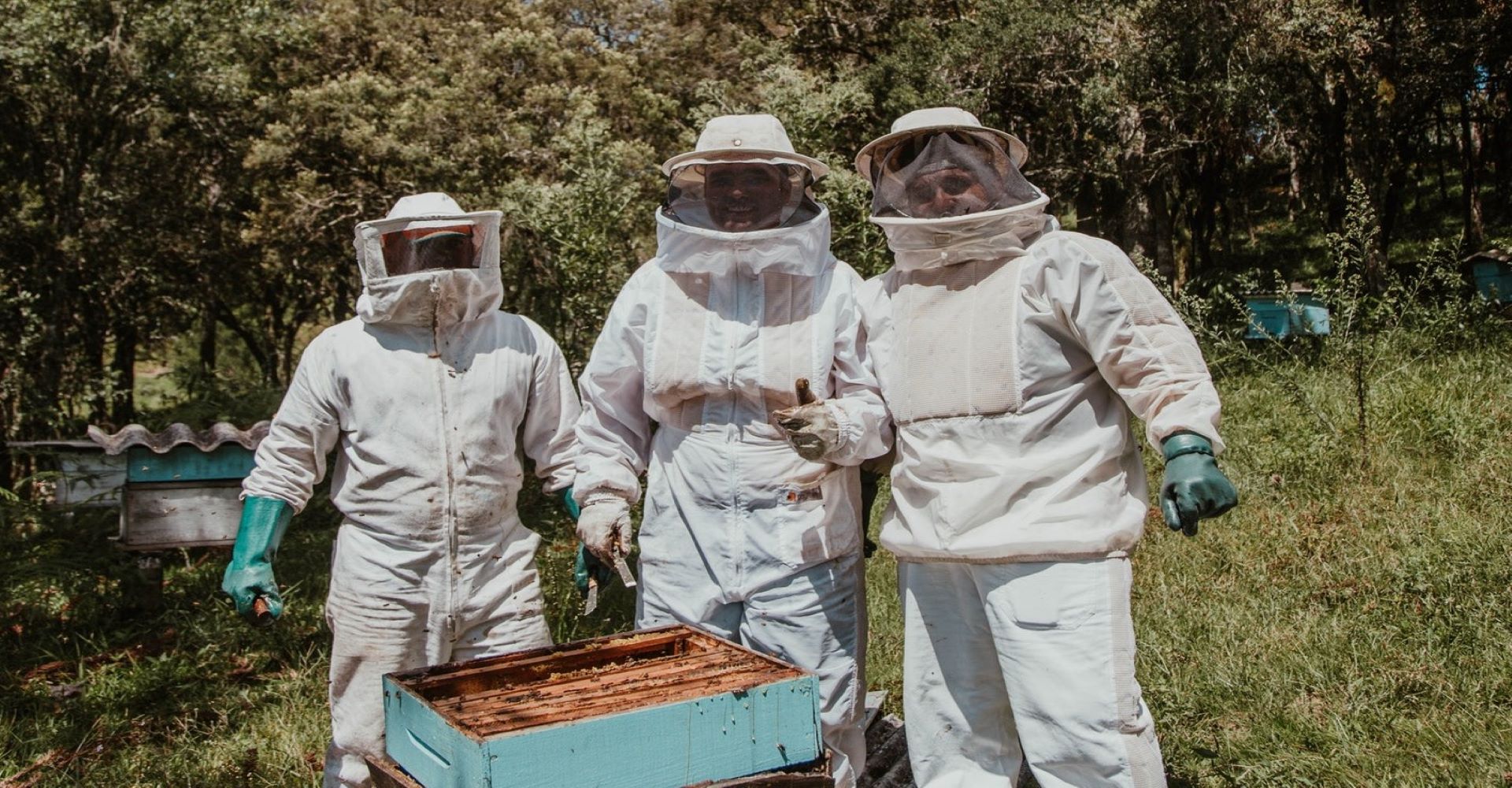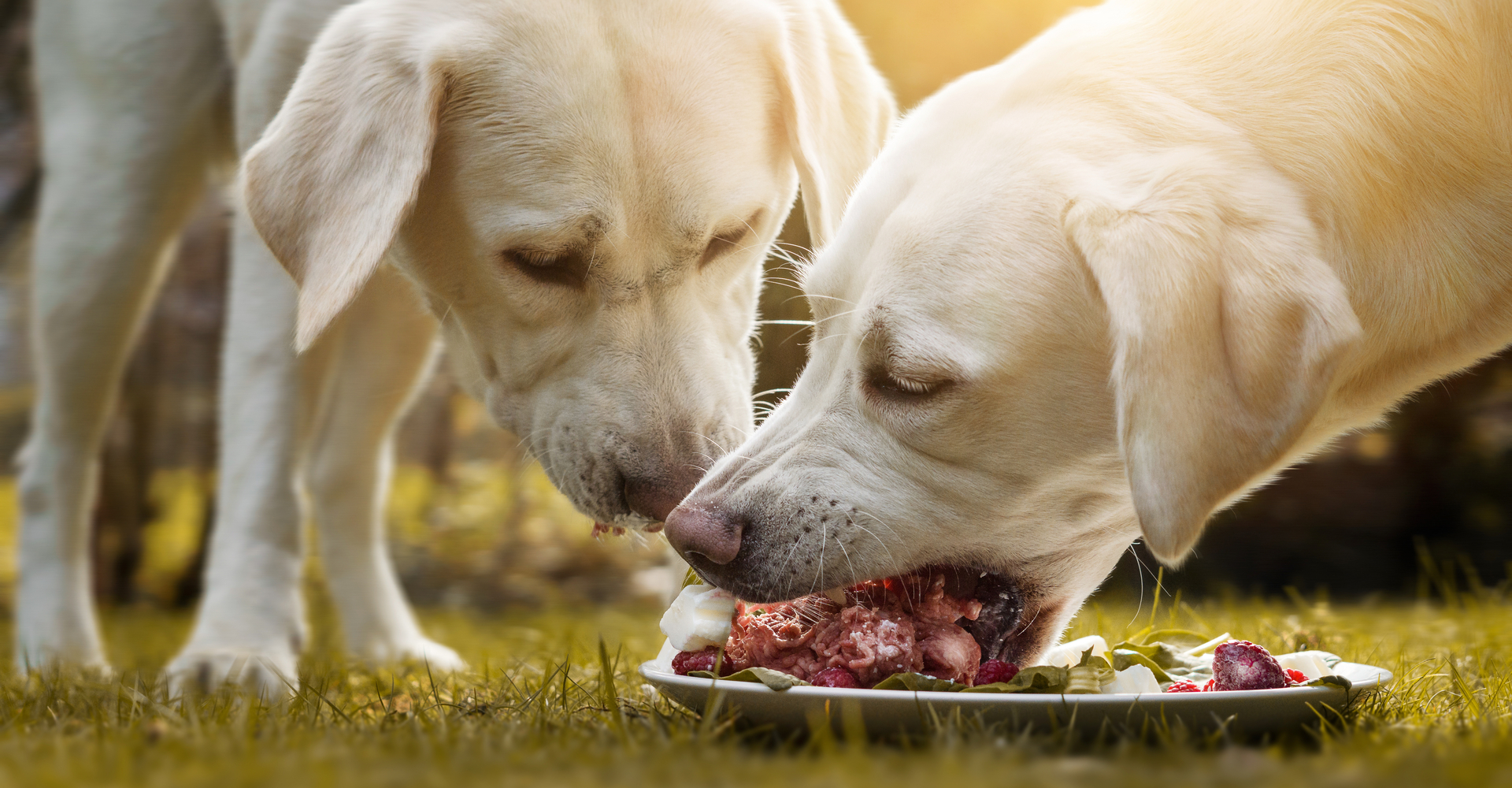The Role of Veterinarians in Helping Honeybees: 3 Things You Can Do
We'd be in real trouble without pollinators, and it's veterinary medicine's job to take care of them. How can veterinary professionals do their...
2 min read
Viticus Group : September 19, 2019 11:00:00 AM PDT

Being a veterinary oncologist is extremely rewarding. With Dr. Sue Ettinger's advice and a bit of optimism, telling a client about their pet's cancer diagnosis can be a more positive experience.
Dr. Sue Ettinger, aka Dr. Sue Cancer Vet, gets this question a lot: “As an oncologist, you deal with cancer patients all the time. Isn’t your job depressing?”
In this week’s Quick Cup of Knowledge, Dr. Natalie Marks asks Dr. Ettinger this same question. Dr. Ettinger answers by saying that there’s actually a lot of good moments working as a veterinary oncologist.
Why? Because most of the time, you’re extending the time of quality life your patients have and extending the time your clients have with their beloved pets. Those thank-yous from clients who are so grateful for that extra time are why Dr. Ettinger loves her job.
It’s Not What You Know, It’s How You Say It
The difficult part of the job, as many imagine, is telling a client that their pet has cancer. Dr. Ettinger says she gets calls from general practitioners searching for information, statistics, and advice to give clients when they make a diagnosis.
Those things are all good, she says, but pouring all the treatment options and statistics on them at once is not how you want to approach the first conversation with a client. That conversation is all about how you deliver the information, not the information itself.
Cancer can be an intimidating subject even for a veterinary professional because (1) there are so many different kinds of cancers and things to know about each one and (2) it means the client has to make serious financial and emotional decisions based on the information you give them.
Key Points of a Good Delivery
The most important thing to think about when talking to a client about their pet’s cancer is empathy. Make sure the first thing they know is that you and your team are rooting for the patient. Especially if you don't already have a relationship with the client, you want to first and foremost establish yourself as a caring, trustworthy source and as the client's teammate in this process.
The next important aspect of your delivery is the pace at which you give the client information about their pet’s individual case, what they should expect, and treatment options. Dr. Ettinger says that the best method is to give only little nuggets of information at a time, then to check for understanding with open-ended questions before moving forward. The client has a lot to process.
Conclusion
According to Dr. Ettinger, being an oncologist involves having an optimism. That optimism comes naturally, though, when you see all the good and happiness you can bring to a family in otherwise a heartbreaking situation.
Some clients will choose to treat the patient, and some will not. You’ll have some sad moments when you lose a patient, but you’ll have a lot of happy moments when you’re able to give the priceless gift of more time with a loved one.
Stay in the Know!
If you’re looking to further the oncology skills you already have, WVC’s Advanced Surgical Oncology Course is worth checking out!
Click the link to subscribe to our YouTube channel or check out our WVC Resource Library full of great podcasts, videos, and digital downloads!
Disclaimer
Content may contain advertising and sponsorships. Advertisers and sponsors are responsible for ensuring that material submitted for inclusion is accurate and complies with applicable laws. We are not responsible for the illegality or any error, inaccuracy or problem in the advertiser’s or sponsor’s materials.
Advertising and sponsorship material and/or opinions are not are not a reflection on Viticus Group.

We'd be in real trouble without pollinators, and it's veterinary medicine's job to take care of them. How can veterinary professionals do their...

How to approach clients about sensitive topics like raw diets and obesity can sometimes be a challenge. Dr. Donna Raditic gives helpful tips about...

Cannabinoid use is such a hot topic, it's sometimes hard to sift out the myths and hearsay from the facts. Dr. Dawn Boothe explains what the...